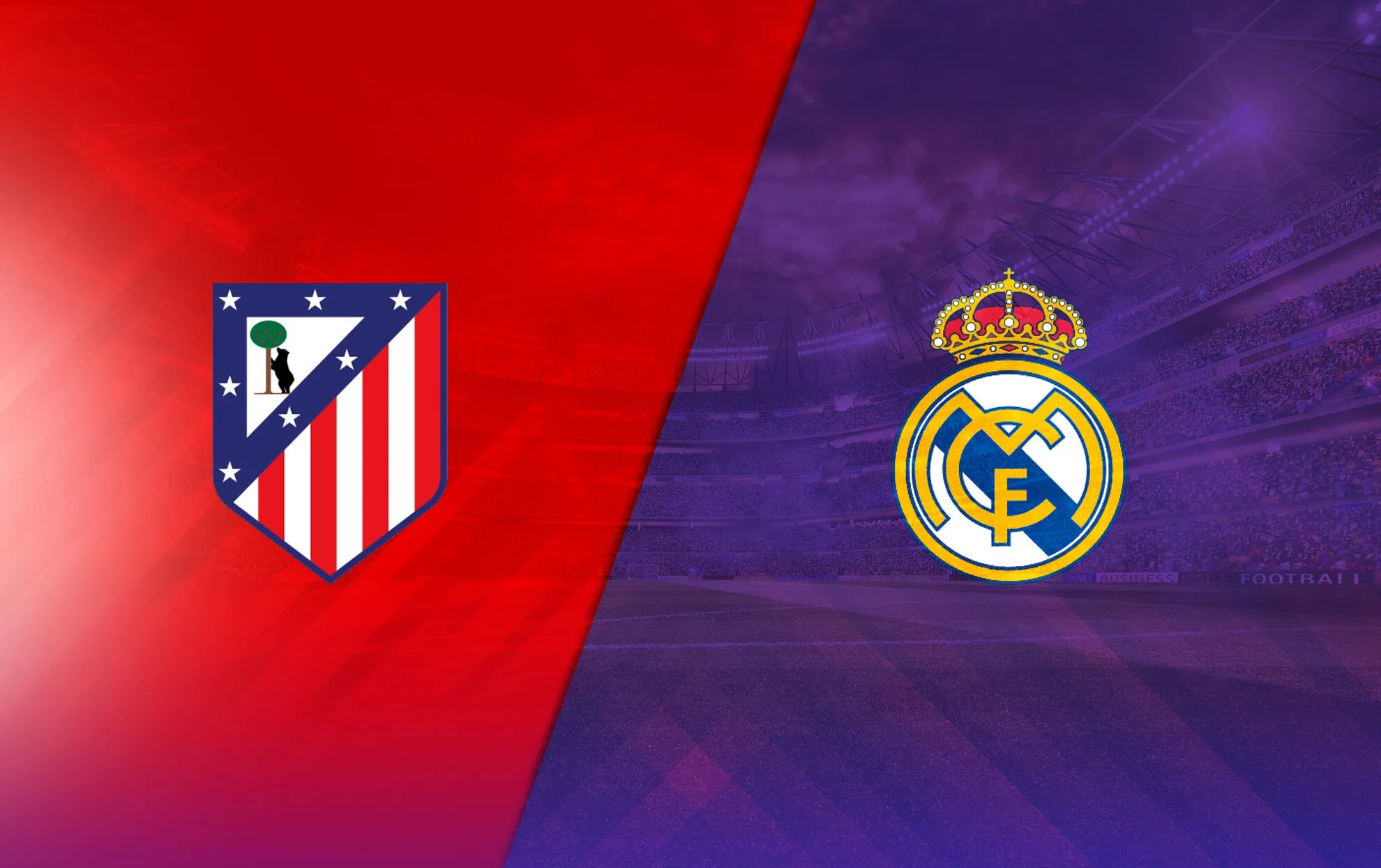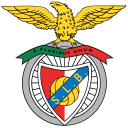
Club Atlético Boca Juniors, commonly known as Boca Juniors, is one of Argentina’s—and indeed the world’s—most historically successful and culturally iconic football clubs. Founded on April 3, 1905, by Italian-Argentine youths in the rugged dockside neighborhood of La Boca, Buenos Aires, the club quickly became a cornerstone of Argentine football.
Boca Juniors has the distinction of being a constant in Argentina’s top division since the professional era began in 1931—never relegated, never facing demotion battles. To date, they have amassed an incredible haul of 74 official titles, including a record 35 Primera División championships and numerous domestic cups.
Internationally, Boca Juniors ranks among football’s elite: they’ve won the coveted Copa Libertadores six times—in 1977‑78, 2000‑01, 2003, and 2007—and claimed the Intercontinental Cup (against European champions) on three occasions.
Boca’s beloved home is the Estadio Alberto J. Armando, better known as La Bombonera (“the chocolate box”). Built in 1938–1940, its distinctive steep stands and asymmetric shape create one of football’s most electrifying atmospheres, especially during the raging intensity of the Superclásico against fierce rivals River Plate. Although officially seating around 57,200, safety restrictions limit capacity to under 50,000—yet the closeness of the crowd amplifies its roar.
Boca Juniors has produced generations of football legends. It was the cradle for icons like Diego Maradona, Juan Román Riquelme, Martín Palermo, Carlos Tevez, and Gabriel Batistuta, among others—all nurtured through their famed La Cantera youth academy.
Beyond football, Boca is a multifaceted institution: it fields top teams in basketball, volleyball, and futsal, and boasts a museum (“Museo de la Pasión Boquense”) and even its own theater, contributing to a loyal fan base numbering over 16 million globally.
In short, Boca Juniors isn’t just a football club—it’s a cultural phenomenon. From its roots in La Boca’s working-class streets to the global stage, it champions the spirit of passion, community, and Argentine football pride. Let me know if you’d like a deep dive into its history, legendary matches, players, or rivalries!



























